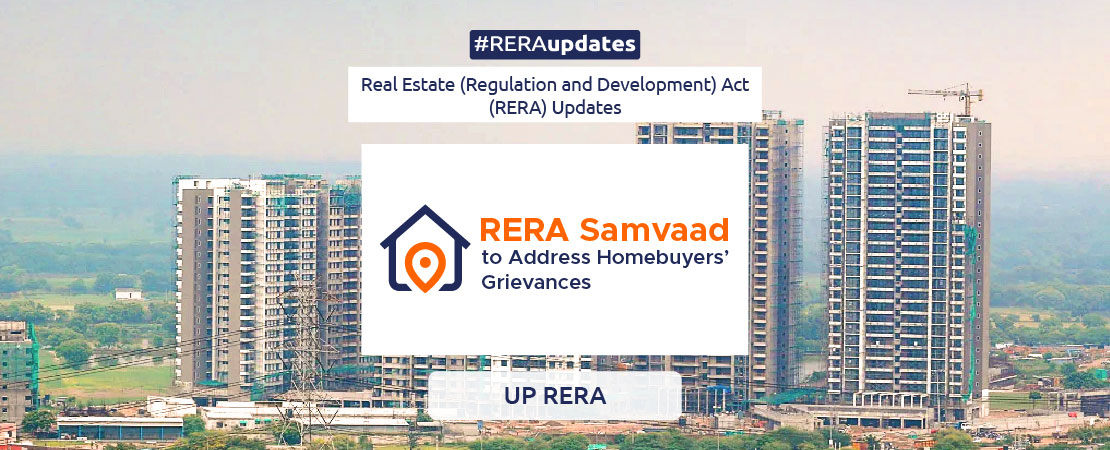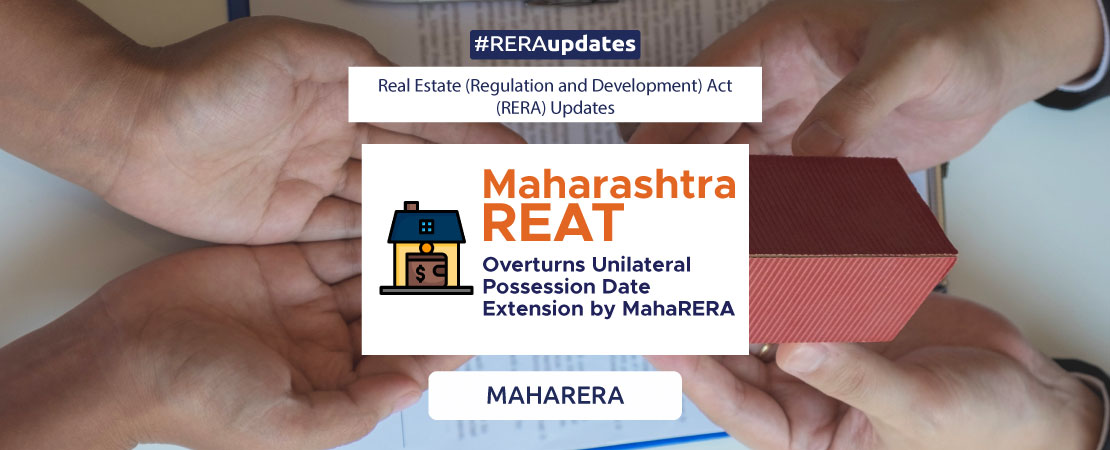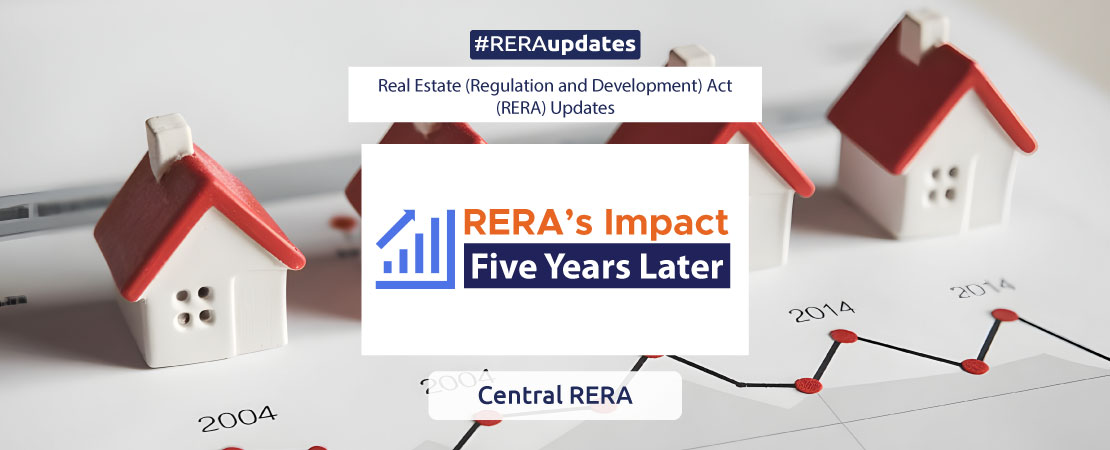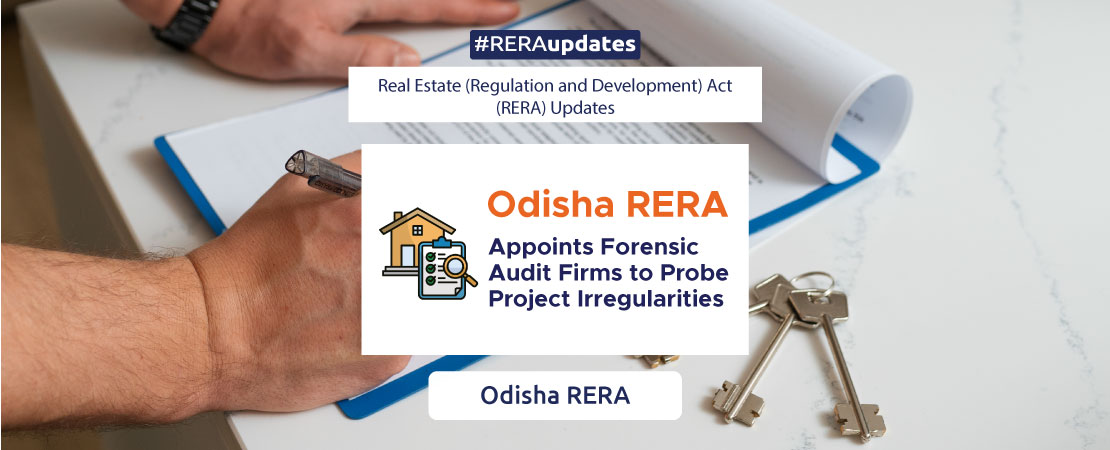Union Minister Launches Unified RERA Portal
The Union Minister of Housing & Urban Affairs launched a unified RERA portal to boost transparency and facilitate best practice sharing among States/UTs. This initiative, unveiled at the Central Advisory Council meeting, aims to create a common platform for stakeholders and strengthen accountability in the real estate sector.
Key Discussions and Recommendations
- Building a unified nationwide database for real estate projects to support informed decision-making and effective policymaking.
- The council urged states to adopt recommendations for stalled projects, referencing Uttar Pradesh’s successful implementation.
Standard Operating Procedures (SoPs) and Enforcement
Standard Operating Procedures (SoPs) were recommended to enhance RERA’s functioning and ensure order enforcement. Emphasis was placed on faster grievance resolution and the revival of stalled projects to build trust between buyers and developers.
Central-Level Committee Proposal
The council also proposed a central-level committee within MoHUA to ensure rules and regulations remain aligned with the RERA framework.
Current Status of RERA Implementation
Currently, 35 States/UTs have established real estate regulatory authorities, with significant progress in appellate tribunals and adjudicating officers.
#RERA #UnifiedPortal #MoHUA #RealEstateIndia #Transparency #Accountability #HomebuyersRights










